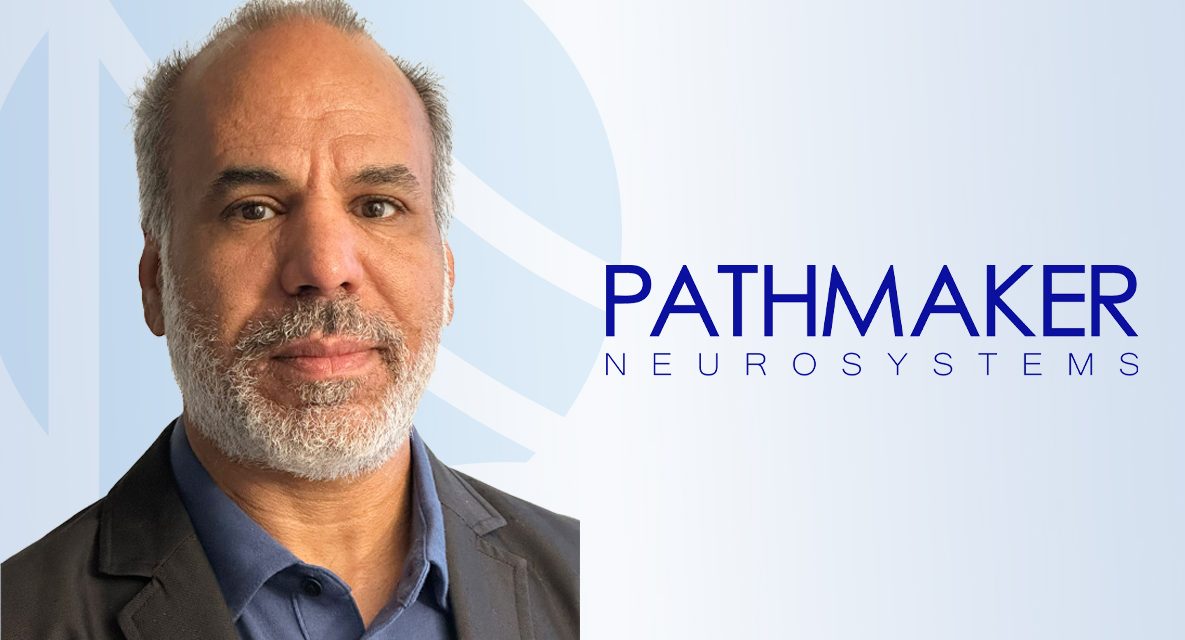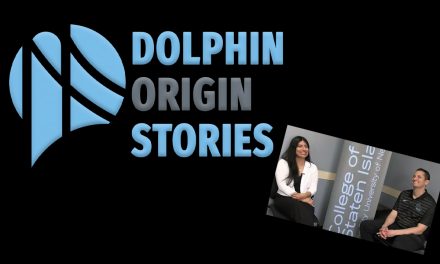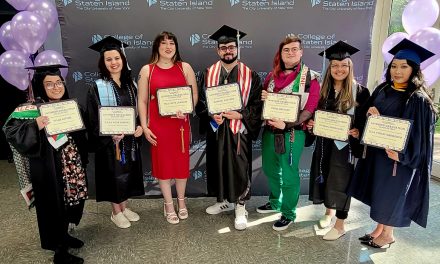Zaghloul Ahmed, Professor of Neuroscience and Motor Control, and Chair of the Department of Physical Therapy/Program in Neuroscience at the College of Staten Island, and PathMaker Neurosystems Inc. (PathMaker) have received a $2.16M grant from the federal government for their continued work on Amyotrophic Lateral Sclerosis (ALS, also known as Lou Gehrig’s Disease). Ahmed is a co-investigator in this research.
The funding, which was provided by the Congressionally Directed Medical Research Program (CDMRP) at the U.S. Department of Defense’s U.S. Army Medical Research and Development Command (USAMRDC), is part of its FY23 Amyotrophic Lateral Sclerosis Research Program (ALSRP) Pilot Clinical Trial Award, which will fund PathMaker’s expanded pilot project, called the CALM study, “Controlling Amyotrophic Lateral Sclerosis Motor Neuron Excitability,” using PathMaker’s MyoRegulator® device to treat people with ALS. The trial is set to begin by late 2024 at two leading Boston-area centers, Spaulding Rehabilitation Hospital (SRH) and Beth Israel Deaconess Medical Center (BIDMC).
Commenting on the grant, Ahmed said, “This award has brought me immense joy, serving as a powerful testament to the quality and significance of the research we are conducting here at the College of Staten Island. The treatment is entirely based on the CUNY-patented intervention developed in my laboratory. In the field of applied science, research is a means to an end, with the ultimate goal of benefiting people in the clinic. This award is a shining example of that, filling me with pride and happiness. I want to take this opportunity to express my deep gratitude to the College for their unwavering support, which has been instrumental in this achievement.”
According to PathMaker, its “approach is based on the company’s proprietary platform for motor neuron hyperexcitability suppression, which provides simultaneous multi-site direct current stimulation to modulate mechanisms and circuits associated with ALS motor neuron hyperexcitability. The MyoRegulator® device has already been investigated in two completed clinical trials for post-stroke spasticity and one first-in-human trial for ALS.”
The FY2023 ALSRP supports the rapid implementation of exploratory clinical trials of novel therapeutics or devices with the potential to demonstrate feasibility, inform the design of more advanced trials, and have a significant impact on the treatment or management of ALS. The program was initiated in 2007 in an effort to provide support for research of exceptional scientific merit.
By Terry Mares



![[video] Turtles of the Freshkills Park Reclaimed Ecosystem](https://csitoday.com/wp-content/uploads/2013/08/Painted-Turtle.jpg)













